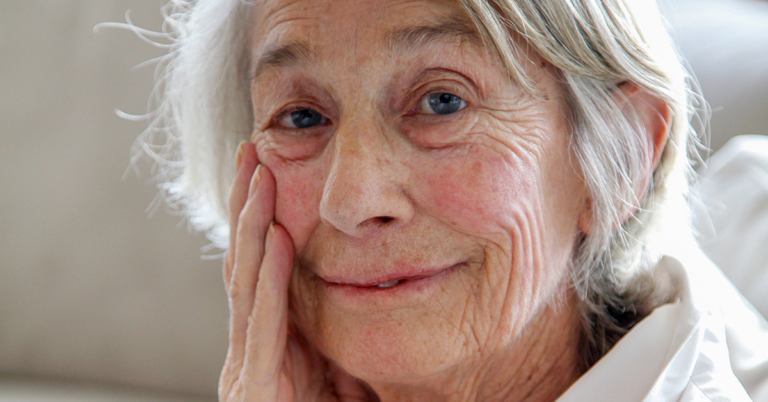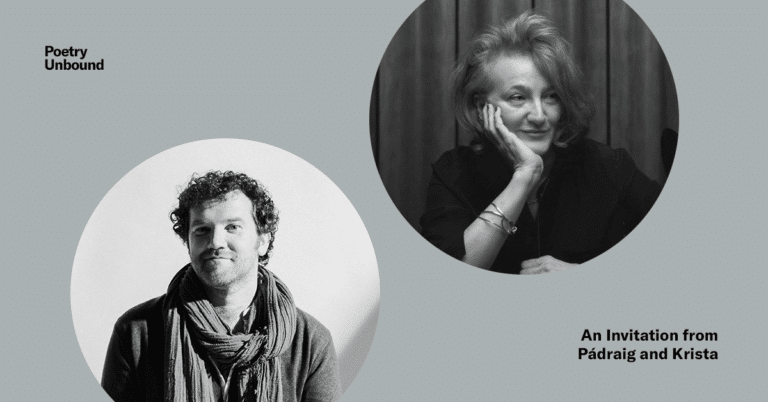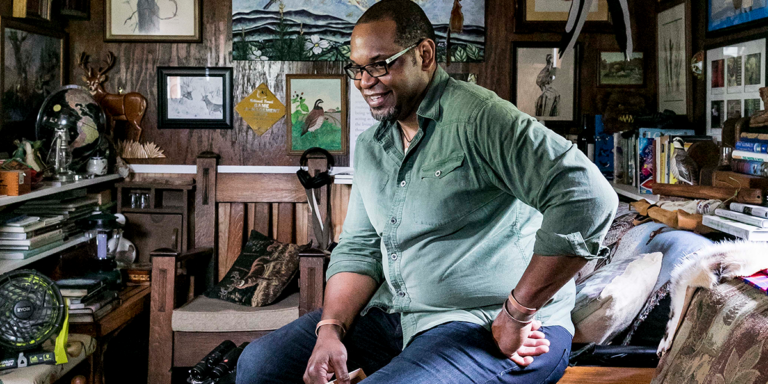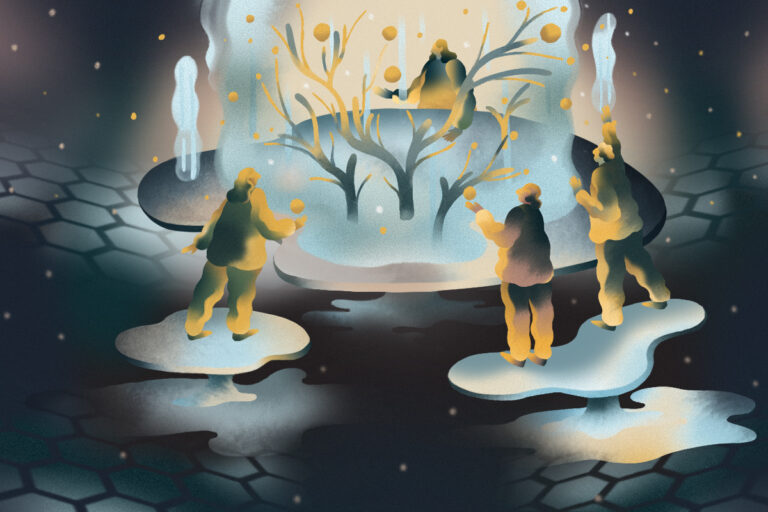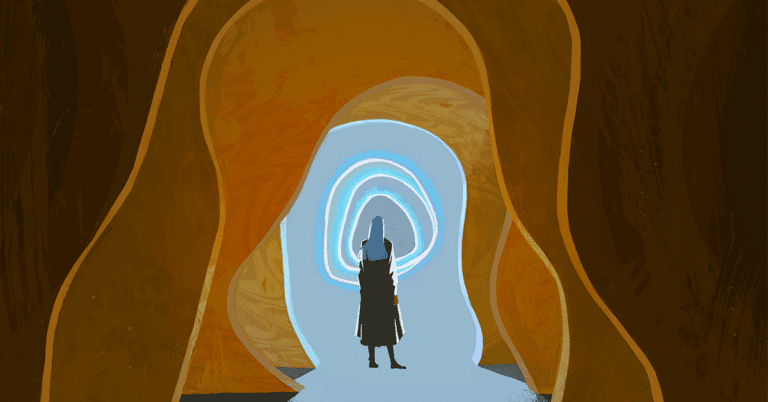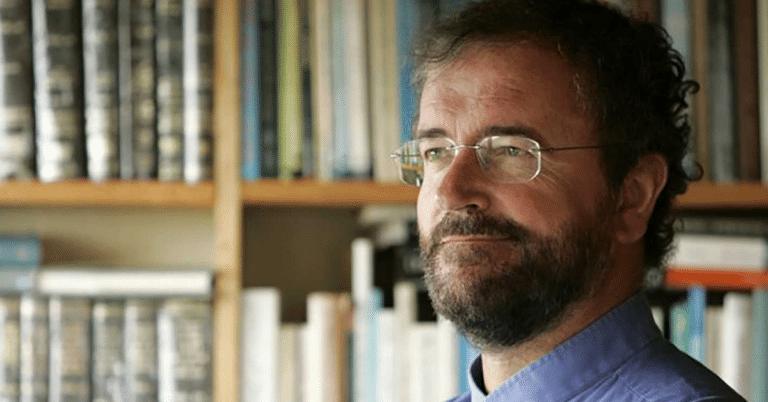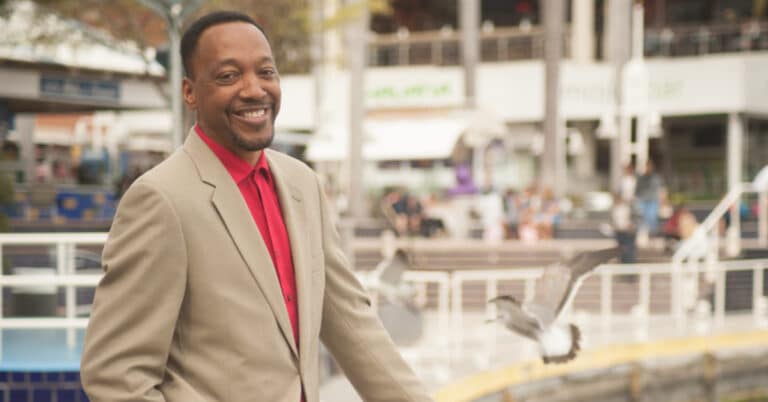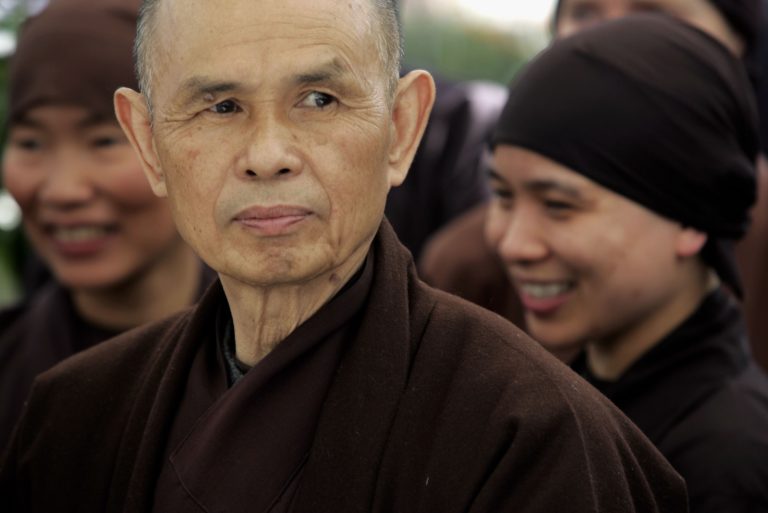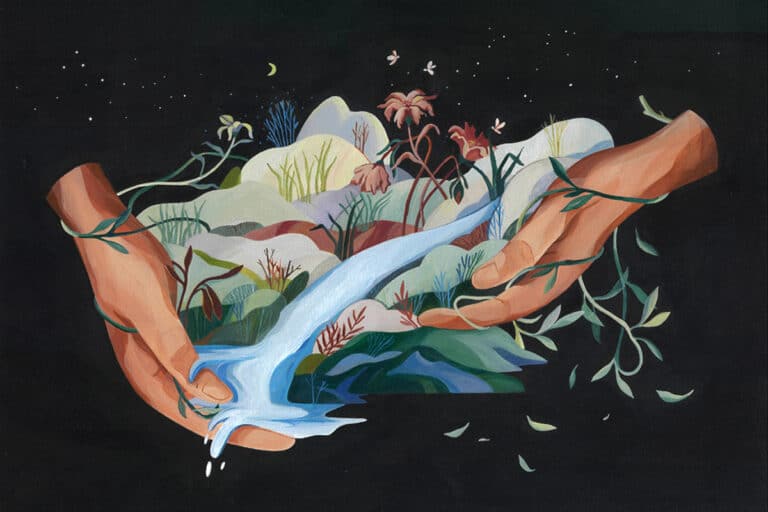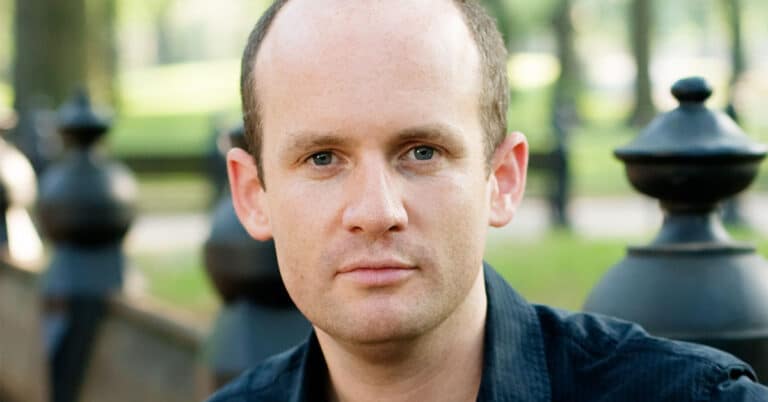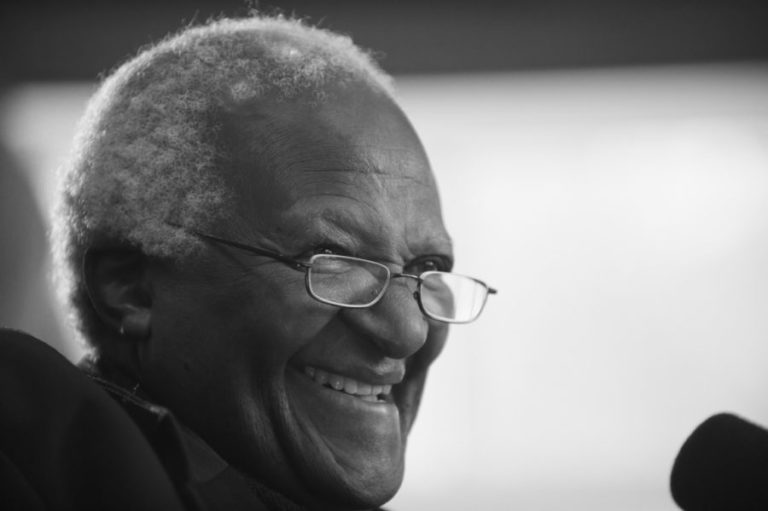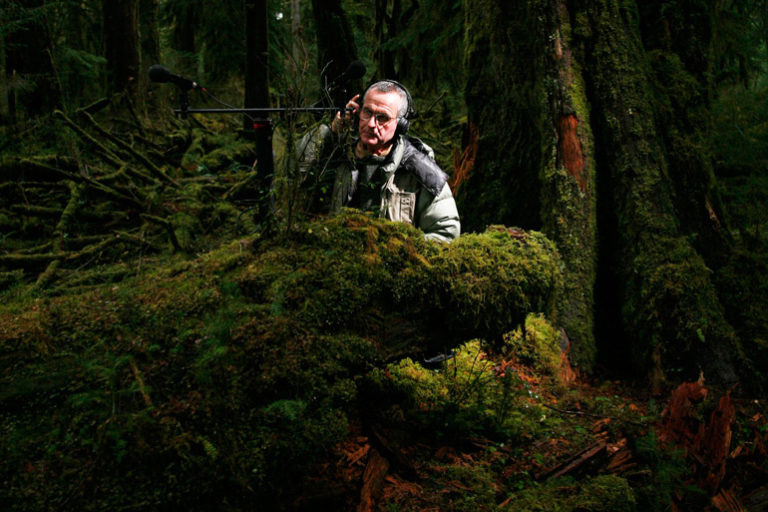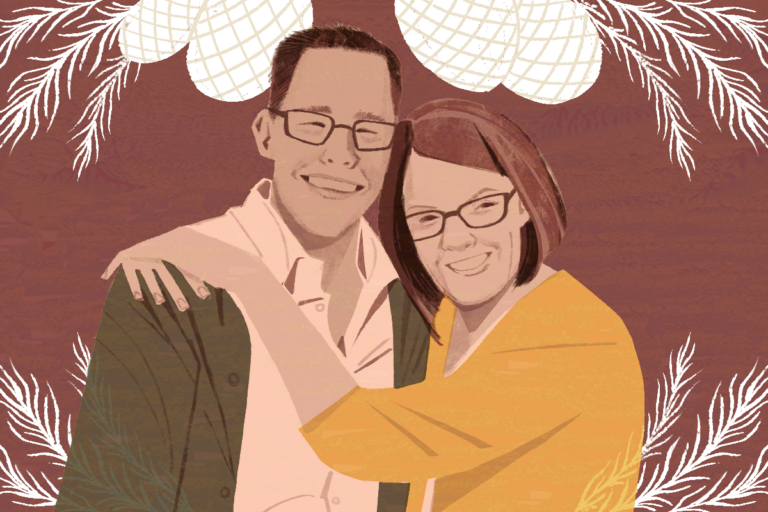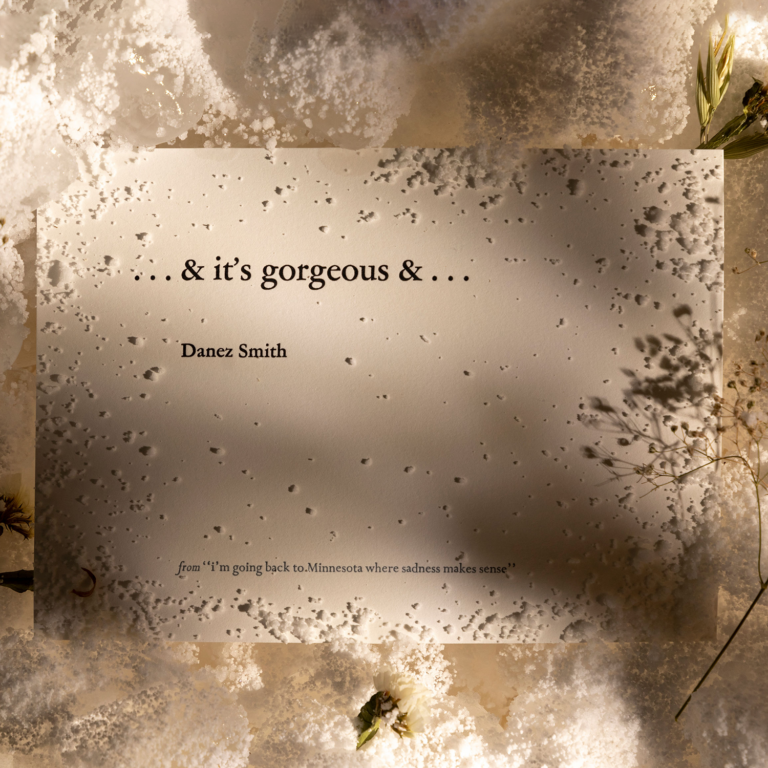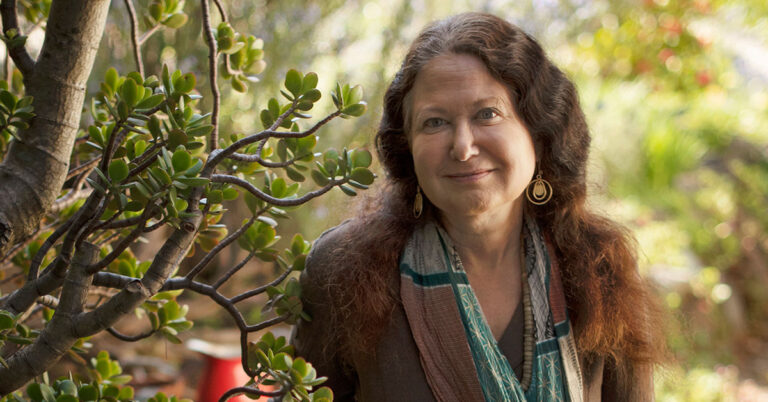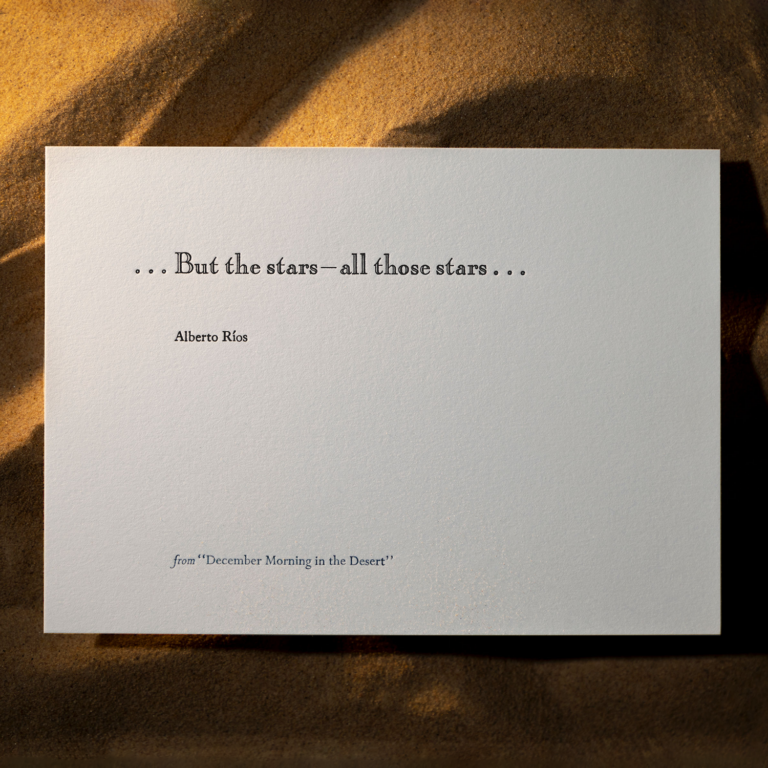The late poet Mary Oliver is among the most beloved writers of modern times. Amidst the harshness of life, she found redemption in the natural world and in beautiful, precise language. She won the Pulitzer Prize and the National Book Award among her many honors — and published numerous collections of poetry and also some wonderful prose. Krista met with her in 2015 for this rare, intimate conversation. We offer it up anew, as nourishment.
Podcasts
View
- List View
- Standard View
- Grid View
910 Results
While preparing for the next season of Poetry Unbound, host Pádraig Ó Tuama sat down with Krista Tippett for a conversation about the power of poetry to find us at the exact moment we need it. Pádraig and Krista also invite listeners to share their experience of Poetry Unbound through our survey.
You can also sign up for the latest updates from Poetry Unbound.
The ornithologist J. Drew Lanham is lyrical in the languages of science, humans, and birds. His celebrated books include The Home Place: Memoirs of a Colored Man’s Love Affair with Nature and a collection of poetry and meditations called Sparrow Envy: Field Guide to Birds and Lesser Beasts. J. Drew Lanham’s way of seeing and hearing and noticing the present and the history that birds traverse — through our backyards and beyond — is a revelatory way to be present to the world and to life in our time.
This conversation took place in partnership with The Great Northern.
The astrophysicist Mario Livio spent 24 years at the Space Telescope Science Institute working with the Hubble Telescope, which has revealed the reality and beauty of the Universe to scientists and citizens in whole new ways. The Hubble’s successor, the James Webb Telescope, will become fully operational in 2022, and will further some of the questions about the early formation of the Universe and the origins of life to which Mario Livio has been devoted. Krista spoke with him in 2010, and this conversation has become an On Being Classic, imparting a thrilling sense of all we are learning about the cosmos in this generation in time, our terrible earthly woes notwithstanding. Also: how scientific advance always meets recurrent mystery, from the emergence of life in the Universe to the very heart of mathematics and the puzzle of dark matter and dark energy.
When time becomes history, different dynamics come into focus than the ones that are at any moment screaming for attention. The title of Gal Beckerman’s book intrigues and compels: The Quiet Before. He’s a journalist with a special interest in history and words and ideas — how ideas are passed and debated and become defining in generational time; how conversation becomes culture-shifting relationship. He attends to dynamics we don’t often take seriously enough: that every idea and discovery that changes the world begins with seeds planted over long stretches, and that this is always marked by passages that look like abject failure. Gal’s conversation with Krista offers fantastically useful insights into how our generation’s media that can scale things more rapidly than ever before can also inhibit the very ingredients that make for lasting transformation. At the same time, this lens on our world refreshes with its perspective on the way change happens, as opposed to mere disruption — the reality that our lives and actions below the radar hold the possibility of being more generative than we can measure.
February 17, 2022
Sharon Salzberg and Robert Thurman
Love Your Enemies? (Really?)
It’s a piece of deep psychological acuity, carried in many religious traditions: that each of us is defined as much by who our enemies are and how we treat them as by whom and what we love. In this episode, two legendary Buddhist teachers shine a light on the lofty ideal of loving your enemies and bring it down to earth. Across a half-century conversation and friendship, Sharon Salzberg and Robert Thurman have investigated the mind science behind this virtue and practice. They illuminate how to transmute the very real, very consequential and consuming energy of anger and hatred — and why love in fact can be a rational and pragmatic stance towards those who vex us. This is a conversation filled with laughter and friendship and with practical wisdom on how we relate to that which makes us feel embattled from without, and from within.
No conversation we’ve ever done has been more beloved than this one. The Irish poet, theologian, and philosopher insisted on beauty as a human calling. He had a very Celtic, lifelong fascination with the inner landscape of our lives and with what he called “the invisible world” that is constantly intertwining what we can know and see. This was one of the last interviews he gave before his unexpected death in 2008. But John O’Donohue’s voice and writings continue to bring ancient mystical wisdom to modern confusions and longings.
February 3, 2022
Trabian Shorters
A Cognitive Skill to Magnify Humanity
Trabian Shorters is a visionary who has seen and named a task that is necessary for all healing and building, for every vision and plan, whether in a family or a world, to flourish. It’s called Asset Framing — and it works with both new understandings of the brain and an age-old understanding of the real-world power of the words we use, the stories we tell, and the way we name things and people. From everyday social media, to hallowed modes of journalistic, academic, and policy analyses, we have a habit of seeing deficits — and of defining people in need in terms of their problems. This has not only doomed some of our best efforts to failure — it leaves all of us prone to cynicism and hopelessness. What’s exciting is that what Trabian Shorters proposes is not only more effective, it is simple and straightforward to grasp. It is in and of itself dignifying and renewing. The main question you might be asking at the end of this is why, at this advanced stage of our species, it took us so long to learn to asset frame.
The Venerable Thich Nhat Hanh, revered Zen master, teacher, and poet, died on January 22, 2022, in his native Vietnam. Brother Thay, as he was known by his community and students, transmuted what he had experienced of chaos and bloodshed in his country and his life into an ability to speak with equal measures directness and compassion to the many conflicts and bewilderments of contemporary life. Martin Luther King Jr. nominated him for the Nobel Peace Prize. He was a great teacher of the wonderful practice of “walking meditation.” He taught a way of living to face suffering, fear, and violence inside and beyond ourselves and yet to become “fresh, solid, and free.” Krista sat with him for this rare conversation in the early years of this show, and it has touched many. It is astonishing to re-experience the deep, enduring wisdom this monk leaves for our world now.
Michael Pollan is one of our most revelatory explorers of the interaction between the human and natural worlds — especially the plants with which we have, as he says, co-evolved — from food to caffeine to psychedelics. In this episode of our series, The Future of Hope, Wintering’s Katherine May draws him out on the burgeoning human inquiry and science to which he’s now given himself over — the transformative applications of altered states for healing trauma and depression, for end-of-life care — and the thrilling matter of grasping what consciousness is for. This is an informative, intriguing, utterly uncategorizable conversation.
Journalist Oliver Burkeman has made a delightful and important philosophical, spiritual, and practical investigation of all that is truly at stake in what we blithely refer to as “time management.” At this time of year, many of us are making plans and resolutions — treating time as part bully, part resource — something we could fit everything we want into if only we had the discipline. This conversation is offered up to release you from that illusion. He invites us into a new relationship with time, our technologies, and the power of limits — and thus with our mortality and with life itself.
The remarkable Archbishop Emeritus of Cape Town and Nobel Laureate died in the closing days of 2021. He helped galvanize South Africa’s improbably peaceful transition from apartheid to democracy. He was a leader in the religious drama that transfigured South African Christianity. And he continued to engage conflict well into his retirement, in his own country and in the global Anglican communion. Krista explored all of these things with him in this warm, soaring 2010 conversation — and how Desmond Tutu’s understanding of God and humanity unfolded through the history he helped to shape.
December 30, 2021
Gordon Hempton
Silence and the Presence of Everything
Acoustic ecologist Gordon Hempton collects sounds from around the world. He’s recorded inside Sitka spruce logs in the Pacific Northwest, thunder in the Kalahari Desert, and dawn breaking across six continents. An attentive listener, he says silence is an endangered species on the verge of extinction. He defines real quiet as presence — not an absence of sound but an absence of noise. We take in the world through his ears.
December 23, 2021
Jeff Chu
A Life of Holy Curiosity
In Friendship with Rachel Held Evans
Here we are in a religiously-infused season — and in a world in which more and more of us experience ourselves to be religious nomads, misfits, even refugees. This deep reality of our life together is often simplified in analyses of the decline of traditional religious identity, of the rise of the spiritual-but-not-religious. Yet there is abundantly, alongside all of that, a rising theological and liturgical searching, a passionate calling towards service that echoes the heart of the great traditions. This is nowhere more true than around the boundaries of Christianity. And no person has given more winsome voice to it than Rachel Held Evans, who died suddenly at the age of 37 in 2019. Now her dear friend, journalist and preacher Jeff Chu, has midwifed her unfinished last book, Wholehearted Faith, into the world. He’s Krista’s wonderful conversation partner this hour — articulating a spacious understanding of God and grief, searching and belonging, for this changed world Rachel did not live to see, but speaks to still.
In a poem brimming with love and nostalgia for winter, a poet leaves California to return to their Minnesotan homeplace, a place where winter makes sense, where sadness makes sense, where the isolation that’s at the heart of humanity can be met with a landscape that can contain it. Here, solitude is looked at with wisdom and necessity. A season can deepen the human experience. Joy finds new expressions.
The esteemed writer Jane Hirshfield has been a Zen monk and a visiting artist among neuroscientists. She has said this: “It’s my nature to question, to look at the opposite side. I believe that the best writing also does this … It tells us that where there is sorrow, there will be joy; where there is joy, there will be sorrow … The acknowledgement of the fully complex scope of being is why good art thrills … Acknowledging the fullness of things,” she insists, “is our human task.” And that’s the ground Krista meanders with Jane Hirshfield in this conversation: the fullness of things — through the interplay of Zen and science, poetry and ecology — in her life and writing.
What if the planet were as loved as a child? Taking the story of his daughter’s fever when she was one, Craig Santos Perez reflects on everything he did — and would have done — for his daughter’s health. Her temperature rose and his love and response did, too. The temperature of the world rises, and he wonders who loves the earth enough to respond, and who doesn’t.
Standing at the edge of a desert, surveying the stars on a December morning, the speaker in this poem observes the everything of everything. He is so small; the universe is so loud and so silent. Thinking about the enormity of all this, he thinks of the smallness of the hearts of birds, wasps, moths, bats, and dragonflies — all flying things around him, suspended in space, like the earth is suspended in space. His own heart, too, echoes the universe’s noise.
The Pause
Join our constellation of listening and living.
The Pause is a monthly Saturday morning companion to all things On Being, with heads-up on new episodes, special offerings, event invitations, recommendations, and reflections from Krista all year round.
Search results for “”
View
- List View
- Standard View
- Grid View
Filters


